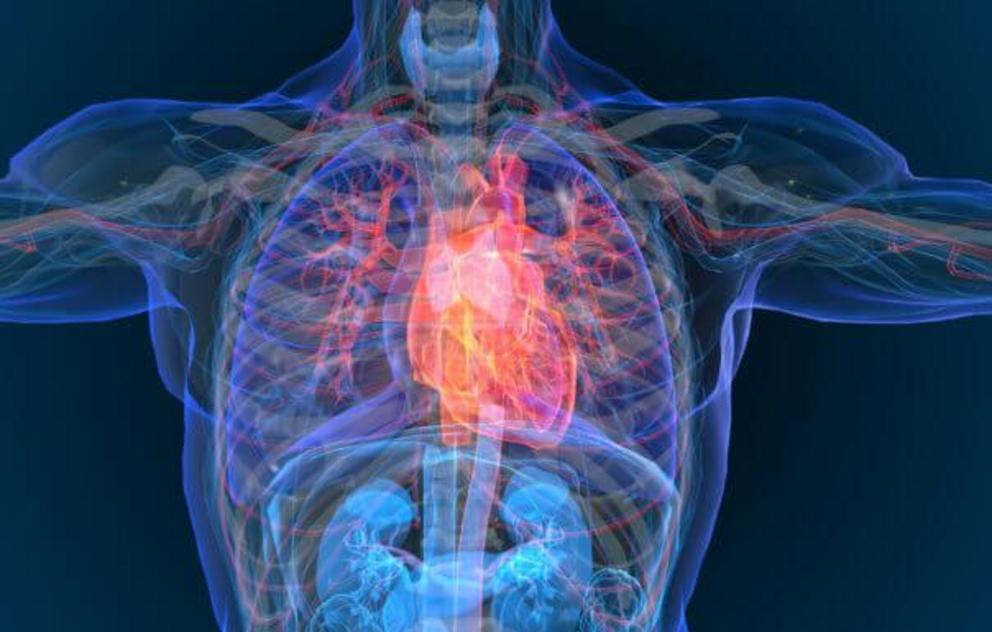This dietary supplement may ‘dramatically’ reverse signs of heart disease
The dietary supplement tricaprin is capable of “dramatically” reversing signs of heart disease in certain patients, according to new research from Osaka University. Scientists report routine supplementation of tricaprin resulted in coronary artery plaque regression and the alleviation of symptoms among patients with triglyceride deposit cardiomyovasculopathy.
Coronary artery disease (CAD), defined as the narrowing or even closing of the arteries of the heart, often leads to heart attack. While treatments are available, such as cholesterol-lowering drugs and drug-eluting stents, death from CAD is unfortunately still very common, as some patients appear resistant to known treatments.
“Almost 15 years ago we identified a new type of CAD called triglyceride deposit cardiomyovasculopathy (TGCV), in which the coronary arteries are occluded by triglyceride deposits generated by defective intracellular breakdown of triglycerides in vascular smooth muscle cells,” says lead study author Ken-ichi Hirano in a media release. “This mechanism makes TGCV distinct from classic cholesterol-induced atherosclerosis, and accounts for patients who are resistant to standard remedies for CAD.”
Study authors had developed diagnostic criteria for TGCV, and note the condition is particularly prevalent among patients with diabetes mellitus and people who have undergone hemodialysis. While the condition is diagnosable, an effective treatment does not exist. “Now we report a remarkable regression of diffuse coronary atherosclerosis in two patients with TGCV,” adds Ken-ichi Hirano. “Both had suffered from refractory chest pain and diabetes until diagnosis with TGCV, and subsequent dietary intake of tricaprin led to symptom relief.”
Tricaprin is commercially available, and promotes the breakdown of lipids by heart muscle cells. Besides just relieving troublesome and painful symptoms, tricaprin also appears capable of sparking a “remarkable regression” of triglyceride build-up in the heart’s blood vessels.
“While atherosclerosis regression following decreased serum lipid levels is well-described, this is the first report of regression due to increased triglyceride lipolysis within cells, and as such is a conceptually novel treatment for coronary atherosclerosis,” Ken-ichi Hirano concludes.
Since all patients do not respond to current CAD treatments, these findings potentially pave the way toward establishing a new, improved multi-faceted approach to CAD treatment. The fact that a readily available dietary supplement achieved such dramatic results holds promise for countless patients who would otherwise have to suffer the debilitating effects of heart disease, study authors conclude.
As always, you should never take any new supplements or drugs without first consulting your doctor.
The study is published in the European Heart Journal.

